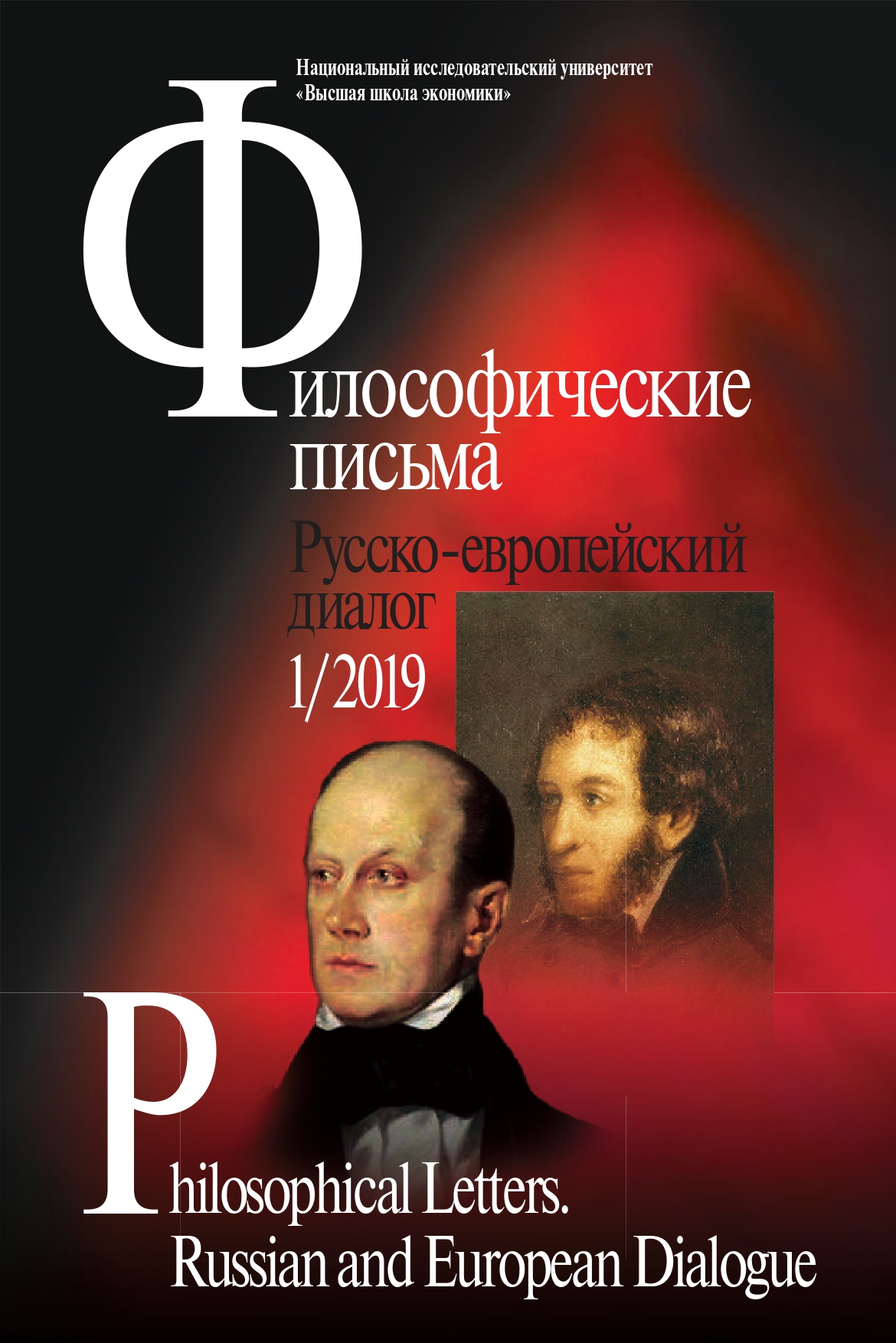The End of the Habsburg Empire and the Problem of (Post)modernism
Abstract
The author of the article enters into polemics with the postmodern interpretation of Austrian modernism, linking its origin and features with the sunset trauma of the Austro-Hungarian monarchy. Th e crisis of the Austrian autocracy, which ended in 1918 with the fall of the Habsburg Empire, had for its citizens the meaning of a world-scale catastrophe. Its tragic meaning was due to the specifi cs of a vast cultural space, united under the rule of the Habsburgs. Austria-Hungary, even in the 19th century, ruled itself as the successor of the “Holy Roman Empire of the German Nation”. Th e liberal burghers happily coexisted with the domination of imperial ideology, the historical basis of which was the theocratic concept of the state, where the personality and power of the monarch has a sacred mystical nature. Under these conditions, the fall of the monarchy meant not just the disintegration of the political macrosystem that had outlived itself, but the desacralization of the entire traditional socioculture, which largely retained its religious and mythological and ritual roots. Th e crisis of imperial ideology and politics (the lost war with Prussia, market collapse, ethnic strife, the emperor’s impotence, the suicide of the heir, etc.) leads to the fact that at the turn of the century belle époque is being re-evaluated as a paradoxical epoch of “cheerful apocalypse” (Broch), and the decline of the empire — as the entry into a border situation, followed by a transition to the ideal state of crisis-free being-in-the-world. In this way begins the process of inventing the future, which entered the history of culture under the name of Austrian or Viennese modernity. Th e picture of the world he created was colored with nostalgia for the lost imperial past and was constructed on the basis of the theocratic utopia modernization.

